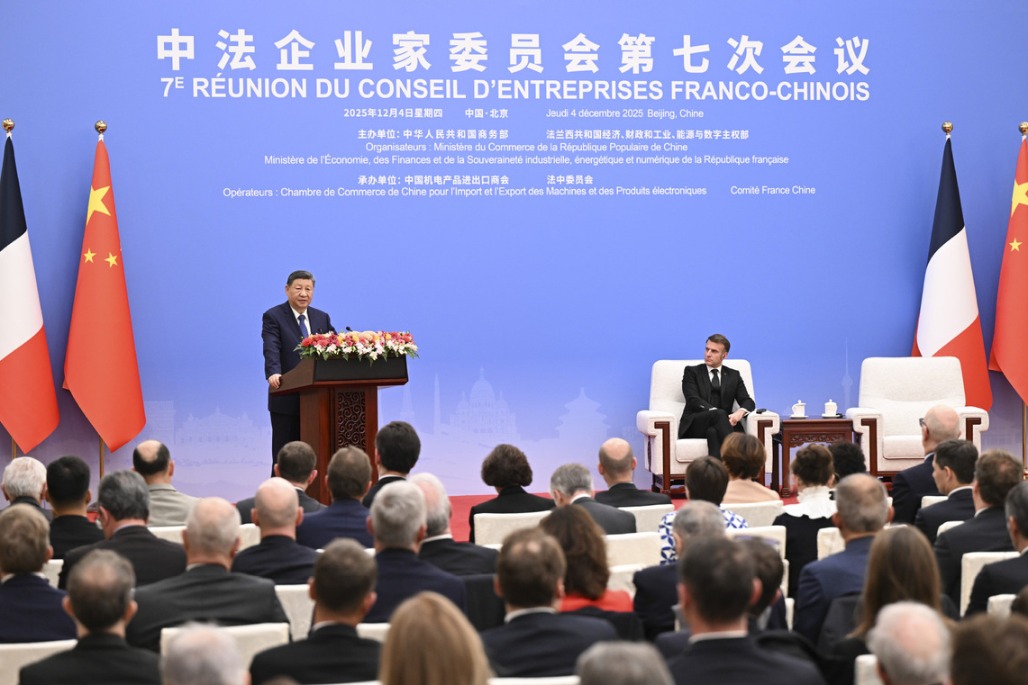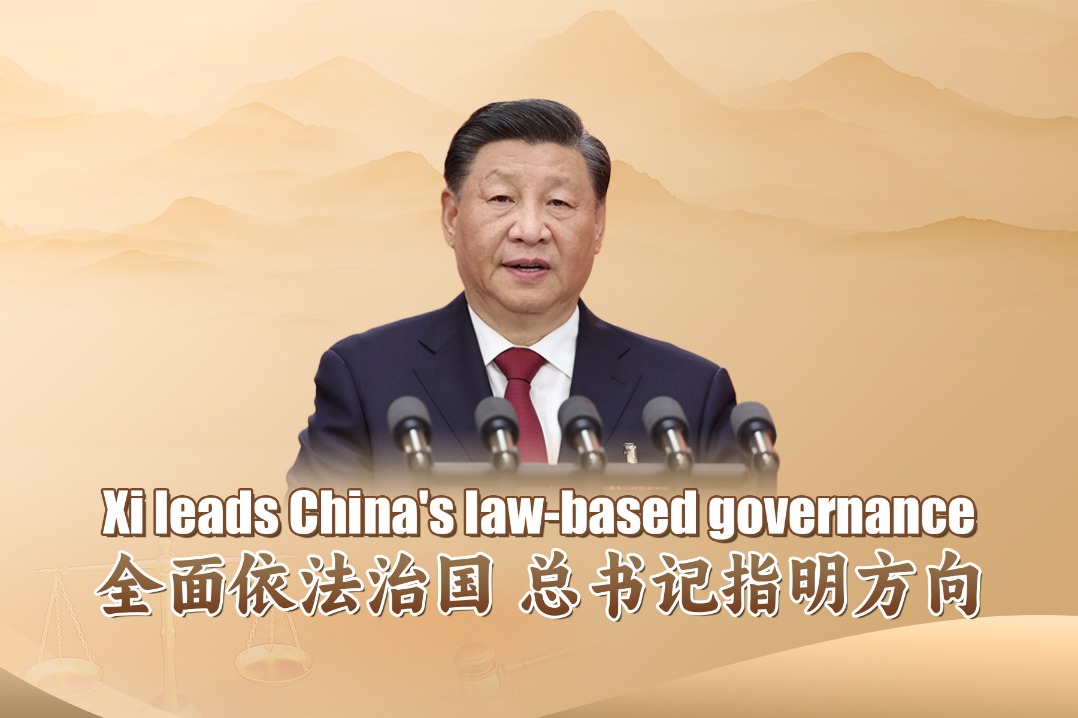Few bad apples, not all doctors, targeted
By Liu Yuanli and Ma Jing | chinadaily.com.cn | Updated: 2023-08-31 15:10

About 180 hospital chiefs have been held accountable for their corrupt practices since the National Health Commission, along with nine other departments, issued a document in July with the aim of eradicating corruption from the pharmaceutical industry, and the whole chain of pharmaceutical purchase and sales and medical services.
Following the issuance of the document, officials at different levels swung into action, more closely scrutinizing the production, supply, sales, usage and reimbursement of pharmaceutical companies and conducting inspection in hospitals.
The initiative is aimed at creating an environment of "zero tolerance for corruption" in the pharmaceutical industry. The initiative is in line with the guidelines of the 20th National Congress of the Communist Party of China, and demonstrates the authorities' determination to eradicate corruption.
There are two contextual aspects of China's pharmaceutical industry. First, given the pharmaceutical industry's profound social responsibility and the inherent information asymmetry between doctors and patients, stringent ethical standards have been set for professionals in this sector to follow, while regulatory oversight at all levels has been tightened.
And second, China's healthcare system primarily comprises public hospitals, highlighting the fact the campaign against corruption in the pharmaceutical industry is part of the broader efforts to improve and strengthen the country's governance.
The ongoing special anti-corruption campaign in the pharmaceutical and related industries signifies an important phase in healthcare system reform, in order to promote the high-quality development of healthcare services. Since 2009, the primary goal of China's healthcare reform has been to ensure that hospitals do not overcharge patients for treatment and medicines.
These problems have emerged due to the many challenges public hospitals in China have been facing. While government investment in almost all public hospitals is relatively insufficient, the healthcare insurance system needs further improvement. While the government has gradually increased investment in hospital infrastructure and equipment over the years, the medical workers, including doctors, feel they are paid much less than they deserve given the amount of service they provide and the professionalism and commitment required to properly treat a patient.
For a considerable period of time, the government allowed public hospitals to maintain about 15 percent markup on medicine prices. This incentivized hospitals and doctors to prescribe more medicines than required to earn more profits, and became a significant contributor to rising medical costs.
To prevent hospitals and doctors from overprescribing medicines and overcharging patients, the government launched new healthcare reforms in 2009, implementing policies such as "zero-markup" and "group purchasing through collective tendering" of medicines. These policies were gradually expanded from the grassroots medical institutions to all public hospitals, preventing hospitals from making profits using illegal or unethical means.
Additionally, the formation of hospital drug committees and establishment of democratic decision-making mechanisms in hospitals, to a certain extent, helped monitor the types of drugs allowed into hospitals, limiting the "independent" decision-making power of the hospital leaderships. However, "few critical" officials still used their influence to decide which manufacturers to purchase drugs and equipment from and how much to purchase. These "few critical" individuals, due to their abuse of power for personal gain, have become the primary target of the ongoing anti-corruption campaign.
The campaign's aim is to end the "public loss and illegal private gain" phenomenon, thereby significantly improving the practices and professional standards in the industry. However, the challenge is: How to define "corruption" in a fair and legal manner, and fix appropriate penalties for wrongdoings? And how far in the past should the anti-corruption investigations go to target such officials?
The goal of the anti-corruption campaign is not to just "rectify a few and deter many". It is also about ensuring the pharmaceutical industry operates and develops in a fair, just and legal manner. Since the high-quality development of the pharmaceutical sector and innovation in pharmaceutical technology depend on close collaboration between hospitals, research institutions, and R&D departments primarily run by enterprises, the intention is not to sever their relationship. Instead, it is about establishing a law and rule-based relationship that collectively contributes to enhancing the well-being of the people.
While the ongoing anti-corruption drive is necessary and may act as deterrence, the authorities should avoid "overcorrection", because that could have a negative impact on normal academic activities, such as normal lectures in return for a legal fee. "Overcorrection" could also spoil the reputation of the entire pharmaceutical and medical industry.
In this regard, it is important to recognize that the vast majority of professionals in the healthcare sector do not earn a fat salary. These individuals, driven by their professional zeal and ethical commitment, provide medical care, alleviate the pain of patients and help them fight and overcome even serious diseases, and save lives while often working under challenging conditions.
Therefore, it's necessary to establish a robust external regulatory framework to ensure the smooth and corruption-free operation of the pharmaceutical and healthcare sector, while the sector's inbuilt mechanisms should be used to combat corruption; curb the abuse of power, especially for personal gain; encourage merit-based compensation; and promote the professional development of frontline medical personnel.
We can draw on international experiences, too, to allow nonprofit hospitals to establish public foundations so they can accept donations from society, including patients or their families, for promoting medical workers' professional development.
The implementation of more effective, fair and supportive policies, and laws and regulations will encourage more talented individuals to pursue medical studies and build their career in the healthcare sector, thus promoting the high-quality development of the pharmaceutical and healthcare sector.
Liu Yuanli is a professor at the Peking Union Medical College; and Ma Jing is a professor at the Institute for Hospital Management of Tsinghua University.
The views don't necessarily reflect those of China Daily.
If you have a specific expertise, or would like to share your thought about our stories, then send us your writings at opinion@chinadaily.com.cn, and comment@chinadaily.com.cn.
























